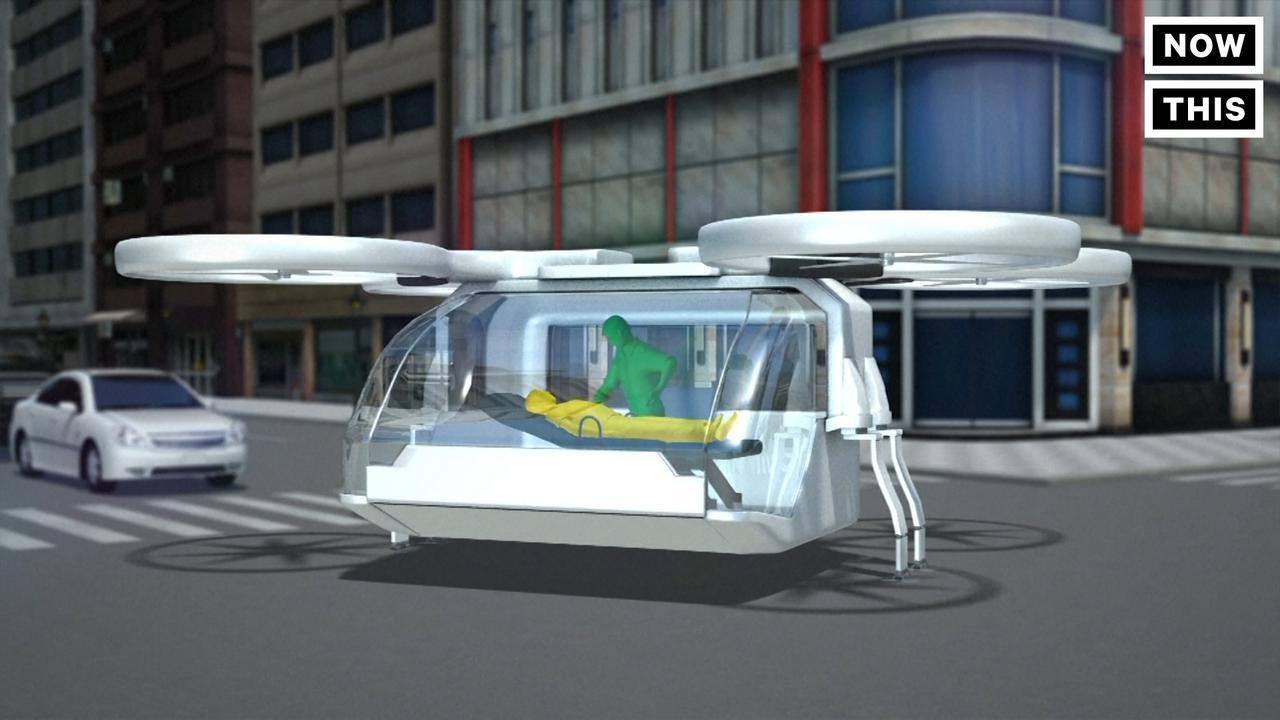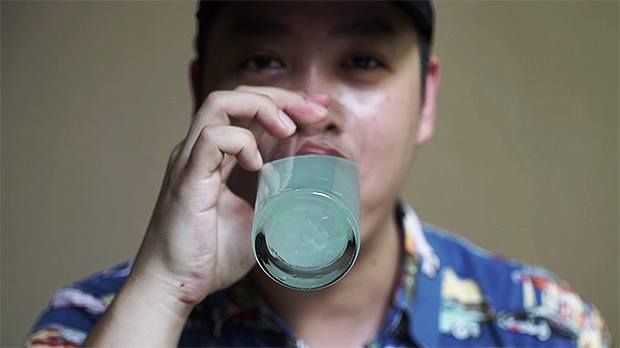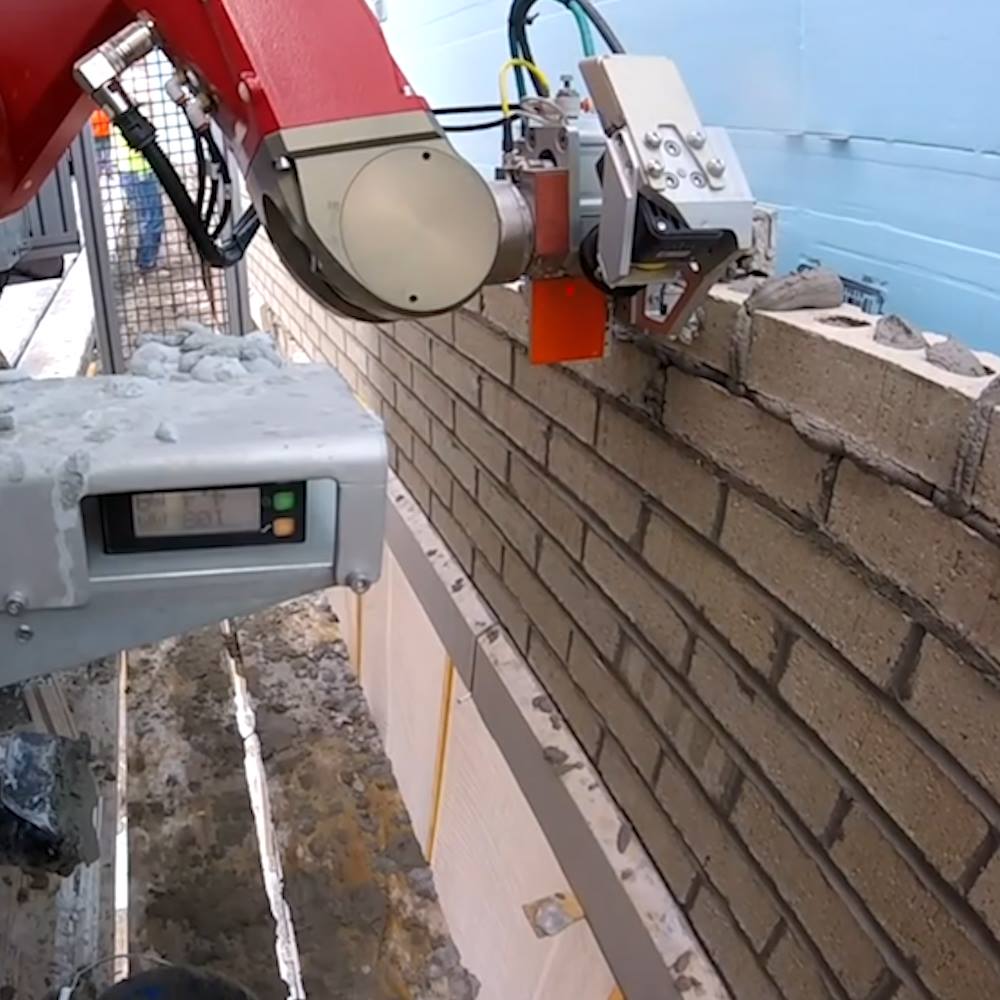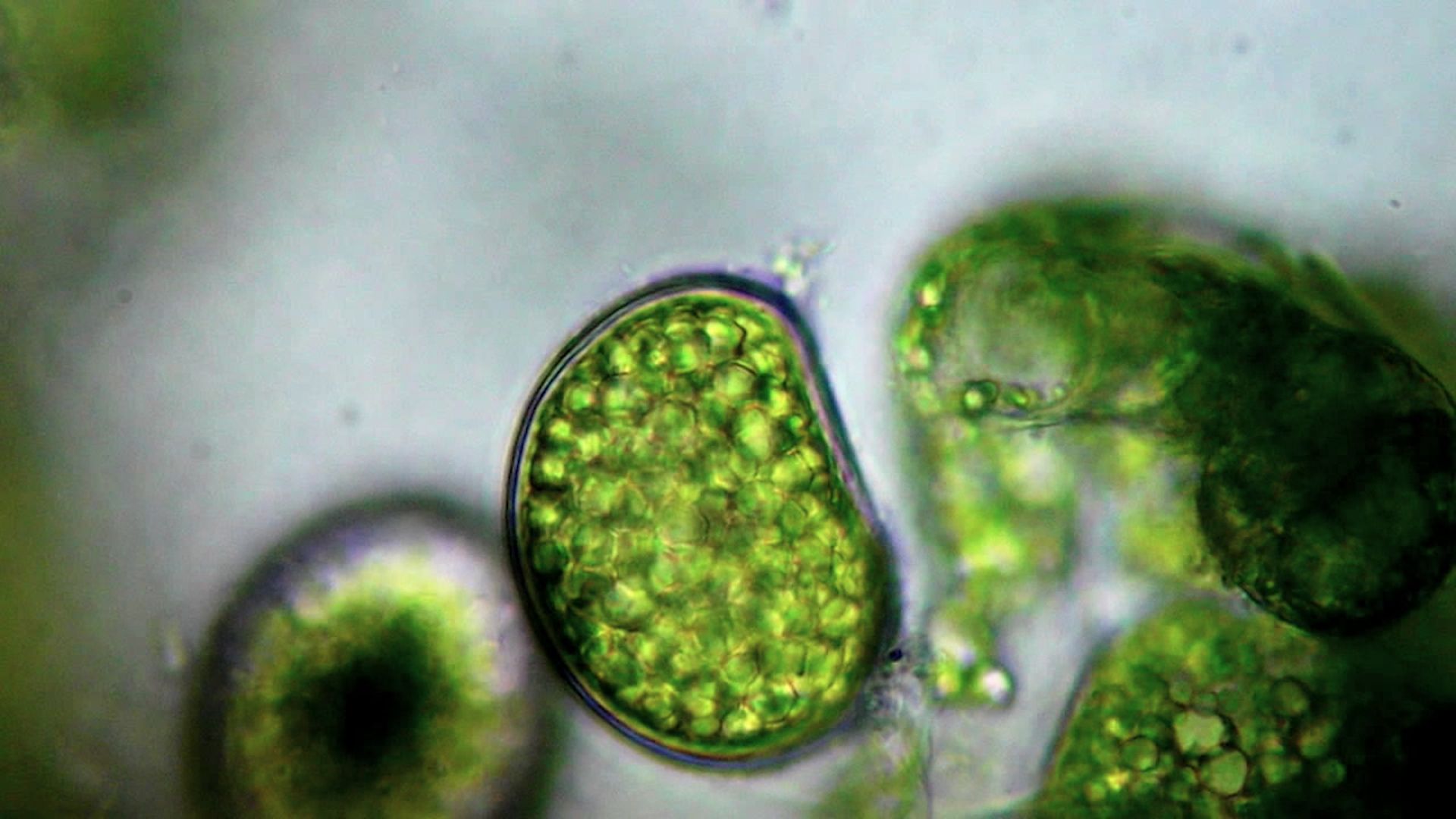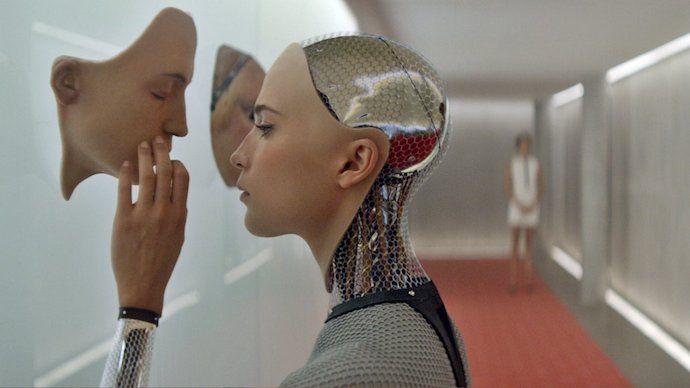Page 10463
Mar 15, 2017
The creator of a bag that dissolves in water drank a glass of it to prove it’s natural
Posted by Shailesh Prasad in category: futurism
Mar 15, 2017
Moogfest 2017’s Futurist Line-Up
Posted by Zoltan Istvan in categories: life extension, transhumanism
Futurist event Moogfest’s line-up in these stories, including a cover pic of the transhumanist Immortality Bus on Cool Hunting:
http://www.coolhunting.com/culture/moogfest-2017 &
http://www.brooklynvegan.com/michael-stipe-premiering-first-…-moogfest/ & https://thump.vice.com/en_ca/article/moogfest-keynote-speakers-announcement #futurist
Mar 15, 2017
What if Quantum Computers Used Hard Drives Made of DNA?
Posted by Shane Hinshaw in categories: biotech/medical, computing, quantum physics
You can’t save data on a quantum computer. So a commercial one will need to use vintage tech—ultra dense hard drives, maybe made of DNA or single atoms.
Mar 15, 2017
This robot bricklayer could build your future home
Posted by Dan Kummer in categories: habitats, robotics/AI
Mar 15, 2017
How DNA Could One Day Rebuild Cell Phones
Posted by Shane Hinshaw in categories: biotech/medical, mobile phones
Inside a Boston lab just a few miles away from MIT, a team of PhDs is building tools for a future where factories are powered by biology, not traditional manufacturing. The startup, Ginkgo Bioworks, currently helps clients design flavors and fragrances by modifying the DNA of microbes like yeast. Once the yeast have been tweaked to produce a particular scent as a byproduct, they can be brewed like beer and the smell can be extracted and bottled — which reduces the client’s need to depend on natural resources for ingredients. (video by: Alan Jeffries, Victoria Blackburne-Daniell, Drew Beebe) (Source: Bloomberg)
Mar 15, 2017
Scientists Grow Human Skin on Robots
Posted by Shane Hinshaw in categories: biotech/medical, cyborgs, robotics/AI
Part man, part machine: Researchers at the University of Oxford are making The Terminator a reality.
Pierre-Alexis Mouthuy and Andrew Carr, of the Oxford Musculoskeletal Biomedical Research Unit, test medical technology by dressing robots in human flesh.
The cyborgs “wear” tissue grafts to help develop artificial muscles and tendons before transplantation.
Mar 15, 2017
A major neuroprotective component in coffee
Posted by Steve Hill in categories: biotech/medical, life extension, neuroscience
Coffee turns up some interesting properties and it isnt the caffeine in that is the star of the show.
Could coffee be a geroprotector?

Continue reading “A major neuroprotective component in coffee” »
Mar 15, 2017
New nano-implant could one day help restore sight
Posted by Klaus Baldauf in categories: biotech/medical, cyborgs, law, nanotechnology, neuroscience
A team of engineers at the University of California San Diego and La Jolla-based startup Nanovision Biosciences Inc. have developed the nanotechnology and wireless electronics for a new type of retinal prosthesis that brings research a step closer to restoring the ability of neurons in the retina to respond to light. The researchers demonstrated this response to light in a rat retina interfacing with a prototype of the device in vitro.
They detail their work in a recent issue of the Journal of Neural Engineering. The technology could help tens of millions of people worldwide suffering from neurodegenerative diseases that affect eyesight, including macular degeneration, retinitis pigmentosa and loss of vision due to diabetes.
Despite tremendous advances in the development of retinal prostheses over the past two decades, the performance of devices currently on the market to help the blind regain functional vision is still severely limited—well under the acuity threshold of 20/200 that defines legal blindness.
Mar 14, 2017
Basic Income Won’t Fix Everything, We Need More Innovative Social Ideas
Posted by Shane Hinshaw in categories: economics, policy
A Universal Basic Income (UBI) will not fix everything— it’s not supposed to —it’s a start for some people and a boon for everyone. But don’t let the prospect of a little free money stop us from pursuing more progressive regulations and reforms.
UBI is meant to provide a floor —a standard—which no one can fall beneath. But giving people unconditional free money shouldn’t be the end of the conversation, says Ben Spies-Butcher, a Senior Lecturer and Director of the Masters of Policy and Applied Social Research in the Sociology Department at Macquarie University.
In his essay “Not Just a Basic Income” for the Green Institute, Spies-Butcher writes:
Continue reading “Basic Income Won’t Fix Everything, We Need More Innovative Social Ideas” »
